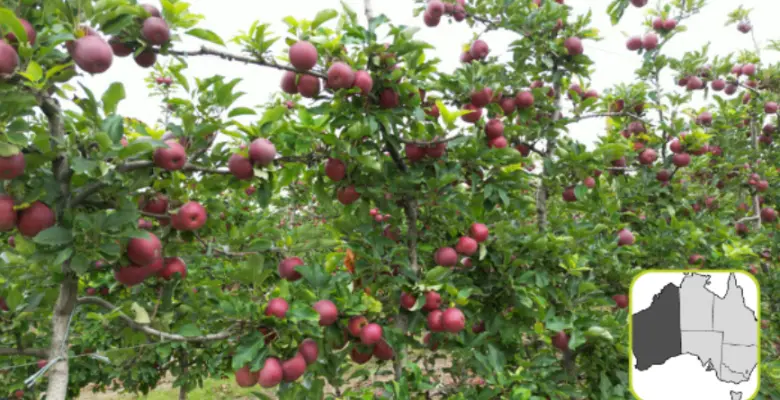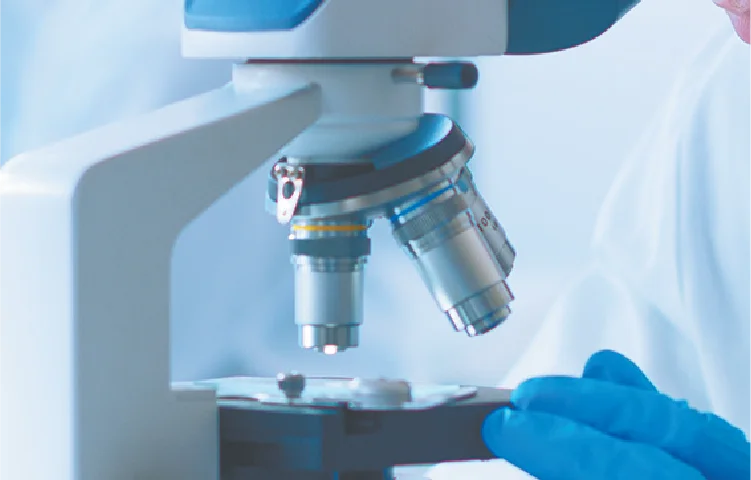Australian Bravo Apples (Licenced Varietal ANABP 01)
Client.:WA Farm Direct

 Issues/challenges and outcomes
Issues/challenges and outcomes


<p>Proof of Australian origin. Verify apple in-market back to state of origin or farm of origin. </p>
 Details (what research has been carried out?).
Details (what research has been carried out?).
Our program is a world-first in the apple market where forensic technology is being used to protect and verify the provenance of the fruit. Source Certain will embed its scientific provenance verification technology within an ongoing market surveillance system that routinely buys Bravo apples in selected markets to verify their integrity, Australian provenance and farm of origin. This component of the integrated program will be able to identify and mitigate counterfeit of the premium Australian apple in high-risk markets as well as ensure the Bravo apple is being produced on licenced farms.
 How much value has been brought to the economy?
How much value has been brought to the economy?
Bravo as a licensed varietal was planted in commercial quantities from 2015. The industry hopes to produce 50,000 tonnes annually by 2035, and in 2023, 3,500 tonnes were harvested in Australia with 10% exported to markets in Middle East and Asia. Retaining value, preserving brand equity internationally and export presence was critical. (https://www.abc.net.au/news/rural/2023-06-04/western-australian-bravo-apples-bound-for-international-markets/102297262) Lessons learnt from Pink Lady - exporting without protecting value and drop in value and prestige (https://www.businessnewsaustralia.com/articles/bravo-s-core-quality-bears-fruit-sparking-growing-overseas-apeel-for-wa-bred-apple.html) (https://www.parliament.nsw.gov.au/tp/files/62357/133%20Follow%20Up%20Performance%20Audit%20Intellectual%20Property.pdf) The Cripps Pink (Pink Lady) and Cripps Red apple varieties were developed by Western Australia’s Department of Agriculture (AGWEST). Since 1994, the Cripps Pink and Cripps Red apple varieties have earned AGWEST in excess of $3 million in royalties, with over $1 million collected in 1998-99. With the release of the Cripps Pink, AGWEST was suddenly faced with the need to deal with the new and burgeoning issue of IP and commercialisation. In some cases, events preceded AGWEST and it was not adequately prepared to deal with the exploitation of IP, resulting in some of the situations listed below. Legal advice obtained by AGWEST in 1994 highlighted the need for AGWEST to ‘develop strategies to exploit the IP rights and the products protected by the IP rights having regard to AGWEST’s statutory functions’. • Due to limited experience with plant breeders’ rights legislation and uncertainty about industry acceptance, AGWEST did not apply for plant breeders’ rights in Australia to the Cripps Pink variety. • In Argentina, France, UK and US, other organisations successfully applied for the Pink Lady trademark before AGWEST. Ownership of the trademark was recovered through negotiation with relevant parties in all but the US. • In 1998, AGWEST successfully defended its IP rights in legal action against an infringement of its Cripps Pink rights in the US. • Despite a strong case prepared by plant breeder’s rights experts, AGWEST was unsuccessful in opposing a third party’s application for Australian rights to the Pink Rose apple which AGWEST maintains is identical to the Cripps Pink variety.
 Press information, etc.
Press information, etc.
Please feel free to contact us for any inquiries regarding our services.


